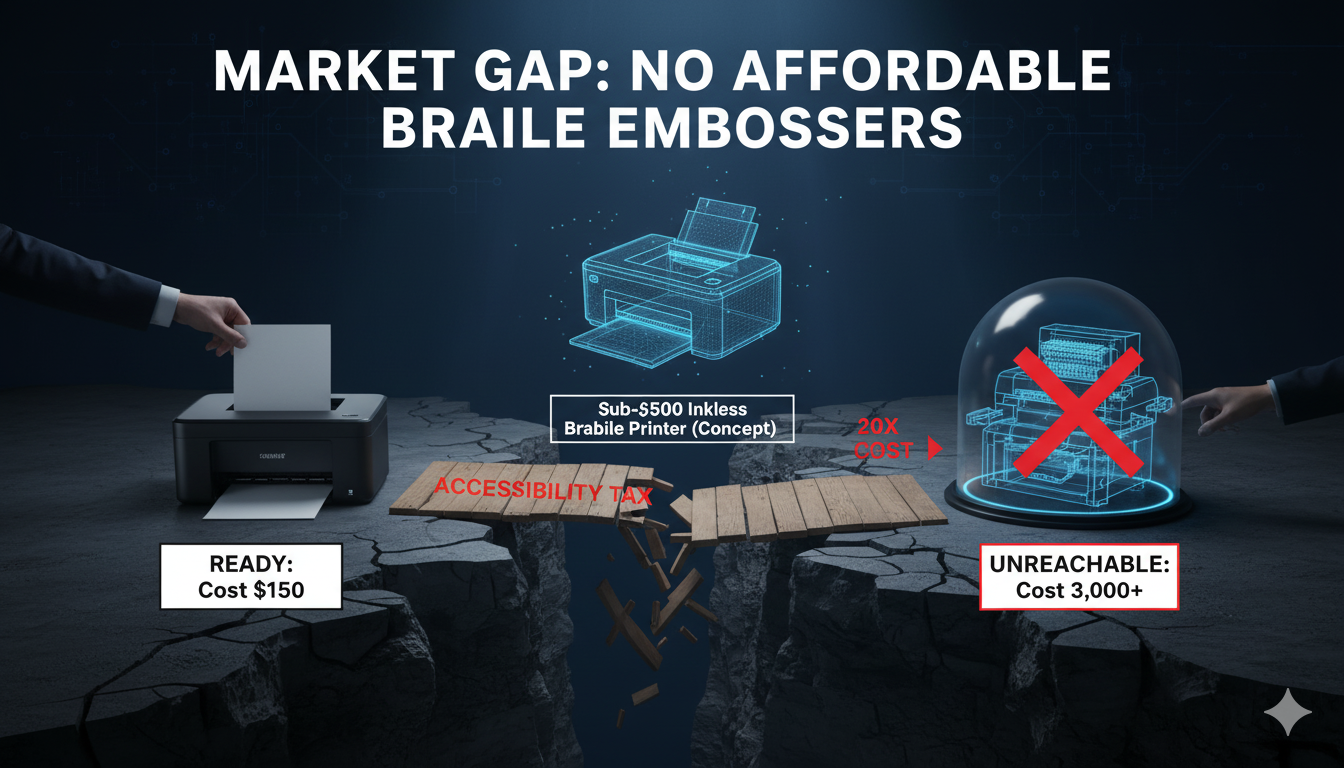Building a Custom Spam Filter with the Enron Dataset
Every company fights a daily battle against spam, phishing attacks, and unwanted email. While commercial filters from providers like Google and Microsoft are powerful, they are a one-size-fits-all solution. For businesses that need an extra layer of defense tailored to their specific industry, a custom-built spam filter can be a game-changer.
But how do you build and train such a system without using your own sensitive, private company emails?
The Enron Email Dataset, a public archive of roughly 500,000 emails from the defunct energy company, provides a real-world training ground for developing a highly effective, in-house spam detection system.
Why Not Just Use a Commercial Filter?
Standard email security is good, but a custom solution addresses key vulnerabilities:
-
Targeted Attacks: Commercial filters may not catch sophisticated "spear phishing" emails that mimic your company's internal communication style.
-
False Positives: Overly aggressive filters can quarantine legitimate emails, especially those containing industry-specific jargon, invoices, or partner communications.
-
Lack of Control: With a commercial "black box" filter, you have limited control over the filtering rules, making it hard to adapt to threats unique to your organization.
The Perfect Training Ground: Finding the Data
The Enron dataset is the ideal resource to overcome these challenges. It's a massive, public, and ethically safe collection of real business communications.
-
The Original Source: The full, raw dataset is hosted by Carnegie Mellon University. You can find it here: https://www.cs.cmu.edu/~./enron/
- Pre-Labeled - Enron Intent Dataset (Manually Verified 2 times)
-
Pre-Labeled Spam Versions: For spam filtering, you need to teach a model what is "spam" and what is legitimate ("ham"). Here is a link to a GitHub repo with the Enron Spam Dataset.
Why Enron Data is So Effective for Spam Filtering
-
A Goldmine of "Ham" (Legitimate Email): The biggest strength of the Enron dataset isn't the spam, it's the ham. It contains over 300,000 real business emails covering everything from financial reports and legal discussions to meeting requests and personal chats. This teaches your model what legitimate communication looks like, dramatically reducing the chance of it flagging an important email as spam (a false positive).
-
Authentic, Real-World Spam: The dataset contains thousands of genuine spam emails from the early 2000s. While the specific scams have changed, the underlying patterns have not. Deceptive subject lines, unusual formatting, suspicious links, and urgent calls-to-action are timeless spam characteristics that provide excellent training signals.
-
An Ethical and Private Sandbox: Building a model requires data. Using your own company's live emails for training is a significant privacy and security risk. The Enron dataset provides a safe, historical sandbox to build, train, and test your spam filter without ever accessing active employee inboxes.
How to Build a Custom Filter: The Basic Workflow
While the data science can get complex, the process follows a logical path:
-
Separate the Data: The first step is to label the dataset into two categories:
spamandham. As mentioned, you can often find pre-labeled versions of the Enron data to accelerate this. -
Extract Features: A machine learning model doesn't read emails like a person. Instead, it looks for statistical signals, or "features." These can include:
-
The presence of keywords (e.g., "free," "guarantee," "urgent," "winner").
-
The ratio of capital letters to lowercase letters.
-
The presence and type of links or attachments.
-
Information from the email headers (e.g., the sender's domain).
-
-
Train the Model: The labeled emails and their features are fed into a machine learning algorithm (a classic choice for this is the Naive Bayes classifier). The model learns the statistical probability that an email is spam based on the features it contains. For example, it learns that an email with the word "viagra" is far more likely to be spam than an email with the word "invoice."
-
Test and Deploy: The trained model is then tested against a portion of the data it has never seen to measure its accuracy. Once you are confident in its performance, it can be deployed as an internal system to score incoming emails, adding a powerful, custom layer of security to your organization.
A Smarter Defense
By leveraging the lessons from a 20-year-old scandal, your company can build a smarter, more resilient defense against modern email threats. The Enron dataset provides a free, safe, and incredibly effective tool to create a custom spam filter that understands the unique context of your business, reduces false positives, and protects your organization without compromising on privacy.
.png?width=300&height=117&name=logo%20(9).png)
 By
By


